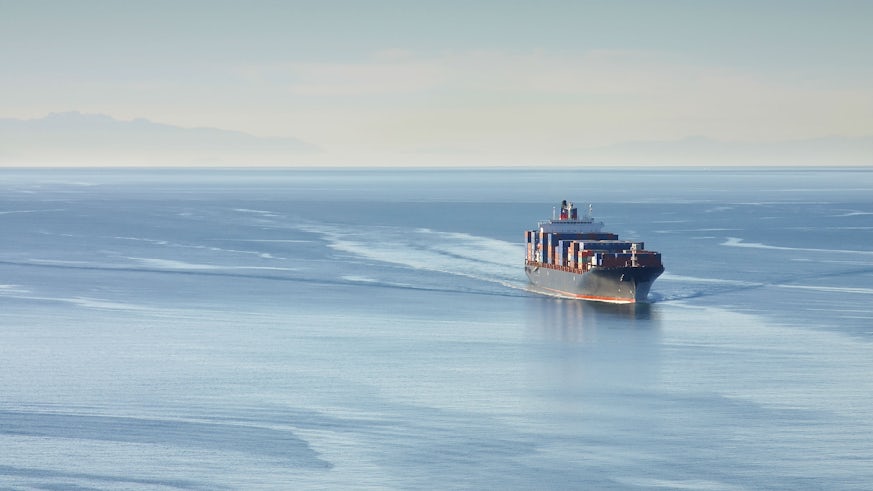Working with industry to reduce the dangers faced by seafarers
13 August 2018

Pioneering research which has lifted the lid on many issues directly and indirectly undermining the safety of seafarers is being used to effect changes within the industry.
Research conducted by Professor Helen Sampson of the Seafarers International Research Centre (SIRC) at Cardiff University found limitations in the design of mandatory life saving equipment which fundamentally undermine its effectiveness in emergency and training situations as well as systemic tensions in the relationships between seafarers and port personnel and seafarers and staff within their own organisations.
In 2018 one of the major funders of the original studies awarded Sampson £250,000 to allow her and her team at SIRC to move beyond simply reporting the research findings and engage with the global maritime sector in order to effect positive change. The generous support from Lloyd’s Register Foundation will fund meetings and workshops with key industry stakeholders such as the manufacturers of life saving appliances as well as the production of awareness raising materials such as video talks, online guides and animations to be used in training shore-based personnel.
More than 1.5 million people work at sea around the world, often in difficult conditions and with long periods away from home.
Professor Sampson, who is based in the School of Social Sciences, said: “Seafarers are too often overlooked by the rest of the world. It’s vital that the industry works together to improve standards and training so that these employees, who provide an important role in dangerous conditions, are safeguarded and are not exploited.”
“We are looking forward to working closely with Lloyd’s Register Foundation and stakeholders in the cargo sector to ensure our work makes a real difference to the lives of those who work at sea.”
Dr Jan Przydatek, Associate Director of Research at Lloyd’s Register Foundation, said: “The Foundation is a strong believer that excellent research needs to be applied in the real world to make an impact. Therefore, we are pleased to support Helen’s important work to improve the safety of seafarers.”
Share this story
We excel in interdisciplinary research that has a clear policy focus.


